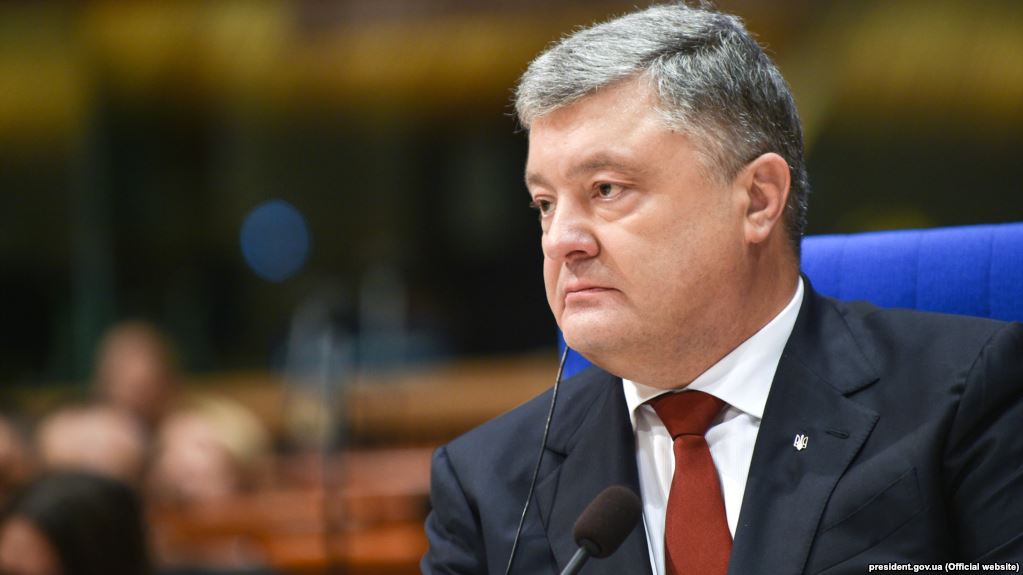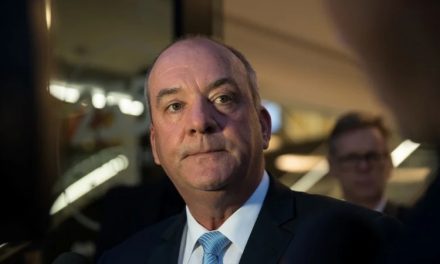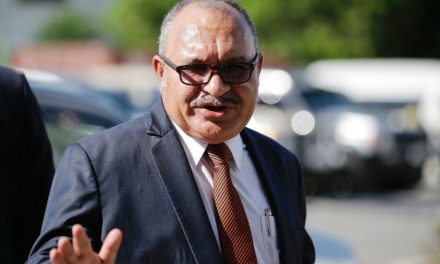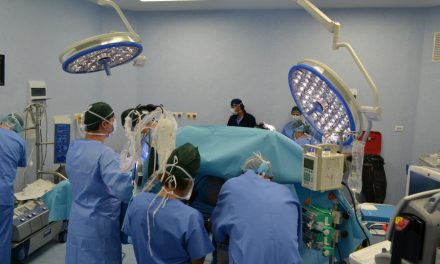6 March 2019
Ukraine’s Constitutional Court has struck down an anti-corruption law on grounds that it violated the presumption-of-innocence principle by obliging suspected officials to prove their assets were legitimate, rather than obliging prosecutors to show assets were obtained by corrupt practices. According to Ukrainian law, the decision of the Constitutional Court is binding, final, and cannot be appealed.
Analysts say that the law did not place the burden of proof on a public servant to show the legitimacy of assets acquired. It merely provided accused individuals with the chance to confirm the legitimate origin of their assets. The burden of proof is still on the prosecution. The manner in which the constitutional court struck down the law shows that the decision was politically motivated. Even if a new law is introduced, it will not be retroactive and the 50 or so accused will go scot-free.
Transparency International points out that this decision greatly weakens the country’s anti-corruption efforts, undermines up to 65 open investigations and has a direct impact on four cases against high-ranking officials that were already before the courts.
The U.S. embassy in Ukraine said that the anti-corruption prosecutor Nazar Kholodnytskyi should be fired, legislation should be passed to replace the recent removal of punishments for illegal enrichment and 31 judges whose reputations are in question should be blocked from joining the Supreme Court.
The International Monetary Fund said, “The credibility of anti-graft prosecutors has been damaged by recent missteps.”
The anti-corruption law was introduced in 2015 only to meet a demand of the IMF in order to receive $17.5 billion in aid to Ukraine to support reforms. Any about-turn in the anti-corruption reform would be detrimental to Ukraine’s relationship with the IMF and other Western partners.
When Ukraine sought to exit the 2015 bailout program, it was granted a 14-month standby aid arrangement worth $3.9 billion in December 2018, by the IMF and World Bank, to help it meets its financing needs and to consolidate reforms.
UNIAN reported that Ukrainian investigative journalists in February released a report claiming that Ihor Hladkovsky, the son of First Deputy Secretary of the National Security and Défense Council of Ukraine Oleh Hladkovsky, was involved in embezzlement of budget funds in the defence sector. It is alleged that Hladkovsky Jr. and his partners conspired with defence officials to procure military spare parts from Russian smugglers, as well as from Ukrainian Army warehouses and sold these goods to defence plants at highly inflated prices. The journalists consider Oleh Hladkovsky to be Ukrainian President Petro Poroshenko’s ally set to informally “supervise” the country’s defence industry. In February, Poroshenko ( in the picture)suspended Oleh Hladkovsky from office, pending a criminal investigation. On March 4, Poroshenko signed a decree to dismiss Hladkovsky from the post of First Deputy Secretary of the National Security and Defence Council.















